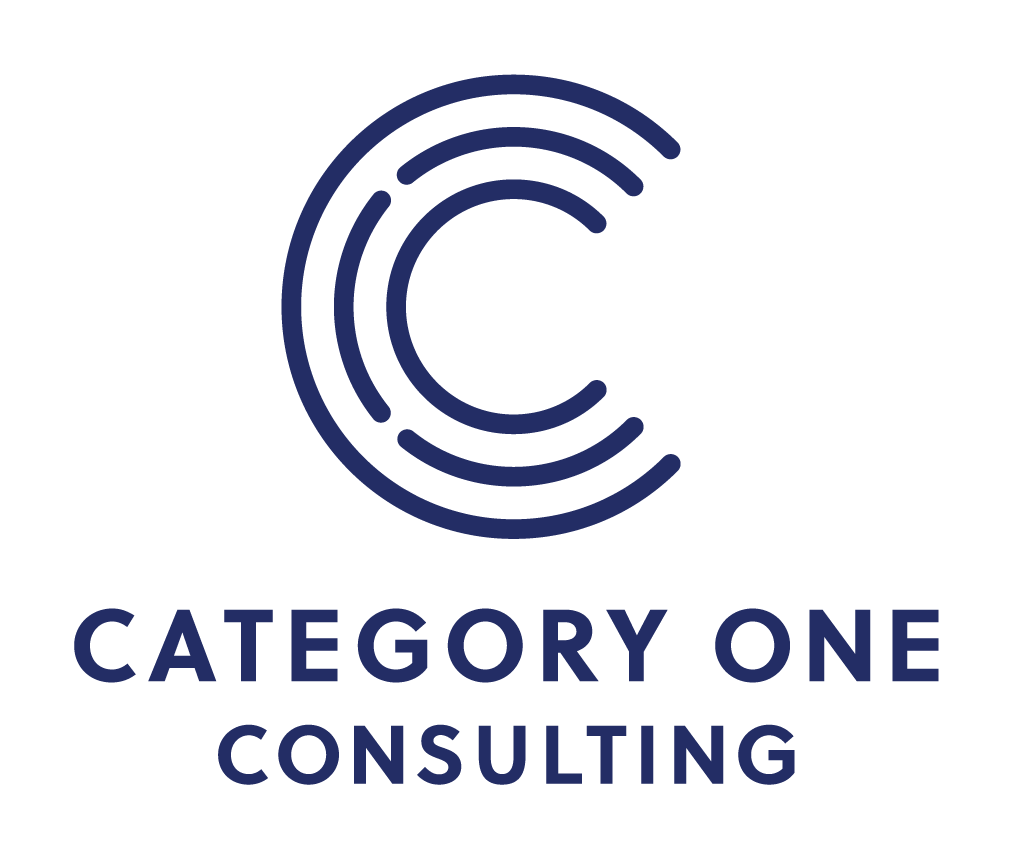Resolutions Shouldn’t Just Be for the New Year!
It’s that time of year again – the time when nearly half of all Americans make New Year’s resolutions. These resolutions are typically focused on things like losing weight, getting organized, and saving money. Although New Year’s resolutions typically get a bad rap for failing within a short amount of time, they can actually be quite successful if developed and implemented in a manner that is consistent with the motivational theory of goal setting. Empirical research on goal setting theory states that setting goals with a few specific components significantly increases the likelihood that one will achieve such goals. This theory is generally accepted as among the most valid and useful motivation theories in organizational behavior. So, if you want to set yourself up for success in achieving your resolutions for the New Year (or any goal throughout the year), make sure they are…
Empirical research on goal setting theory states that setting goals with a few specific components significantly increases the likelihood that one will achieve such goals.
Specific. A specific goal will be more successful than a vague or “do your best goal” so make sure you include not only what your goal is but also when and how you will achieve it.
Challenging. A difficult goal will be more successful than an easy or a moderate goal. This has been a major finding in goal setting theory so make sure to set a goal that truly challenges you.
Monitored. A monitored goal will be more successful than a goal that isn’t followed up on so be sure to schedule regular check-ins on your progress and reward yourself when you hit important milestones.
Publicized. A publicized goal will be more successful than one that you keep to yourself so make sure to share your goal with at least one other person – having this accountability will help you stay committed to your goal over a longer period of time.
Familiar. A familiar goal is more successful than one with a steep learning curve so make sure you select a goal (and an achievement plan) that you are familiar with so you can get started right away – you can build in complexity over time but don’t let complexity keep you from getting started.
I hope this post helps you set and achieve your New Year’s resolutions this year! I also hope it helps you set both personal and professional goals throughout the year. If you have questions or need additional support with strategic planning, objective development, or employee goal setting, feel free to reach out!

